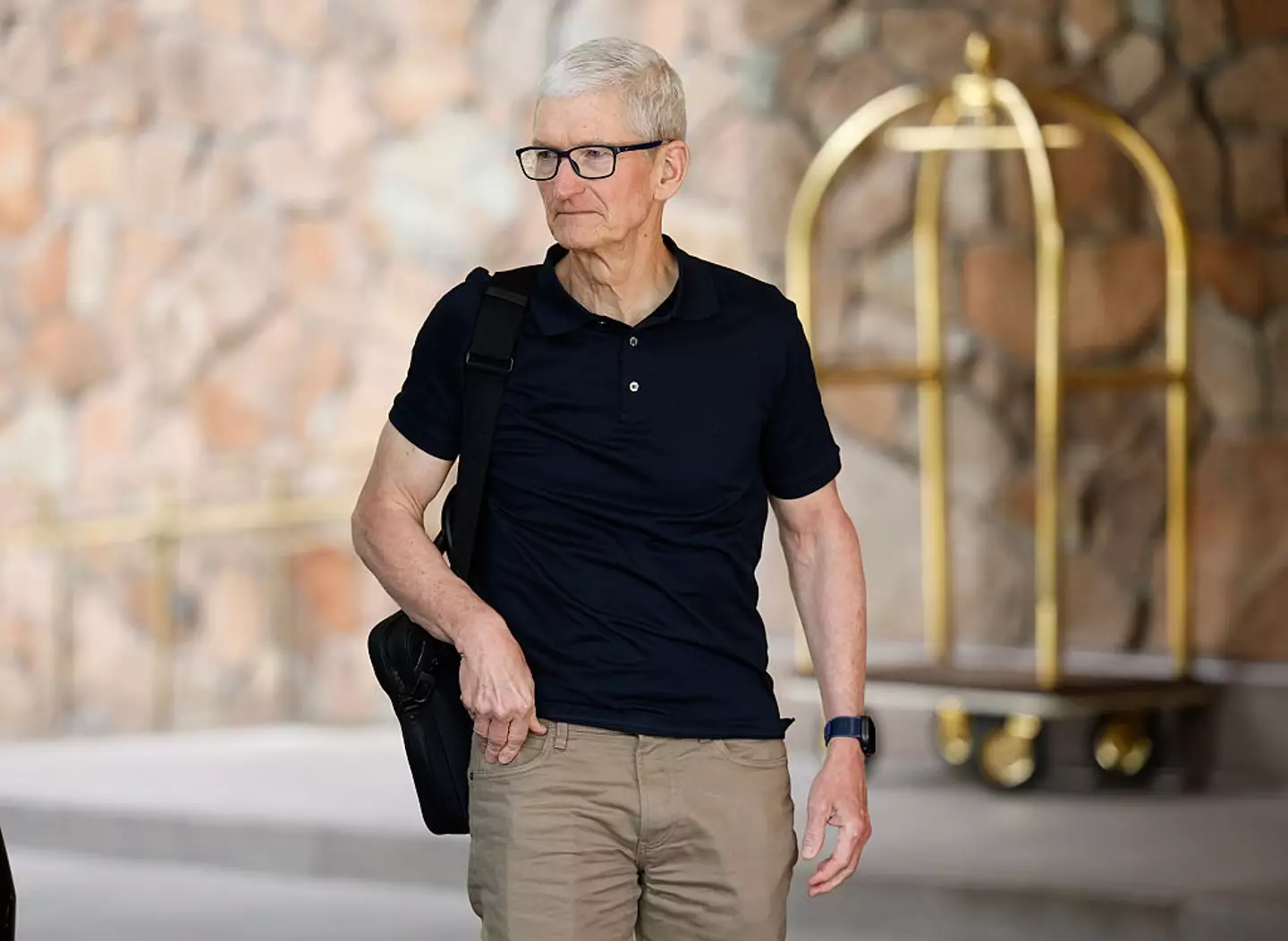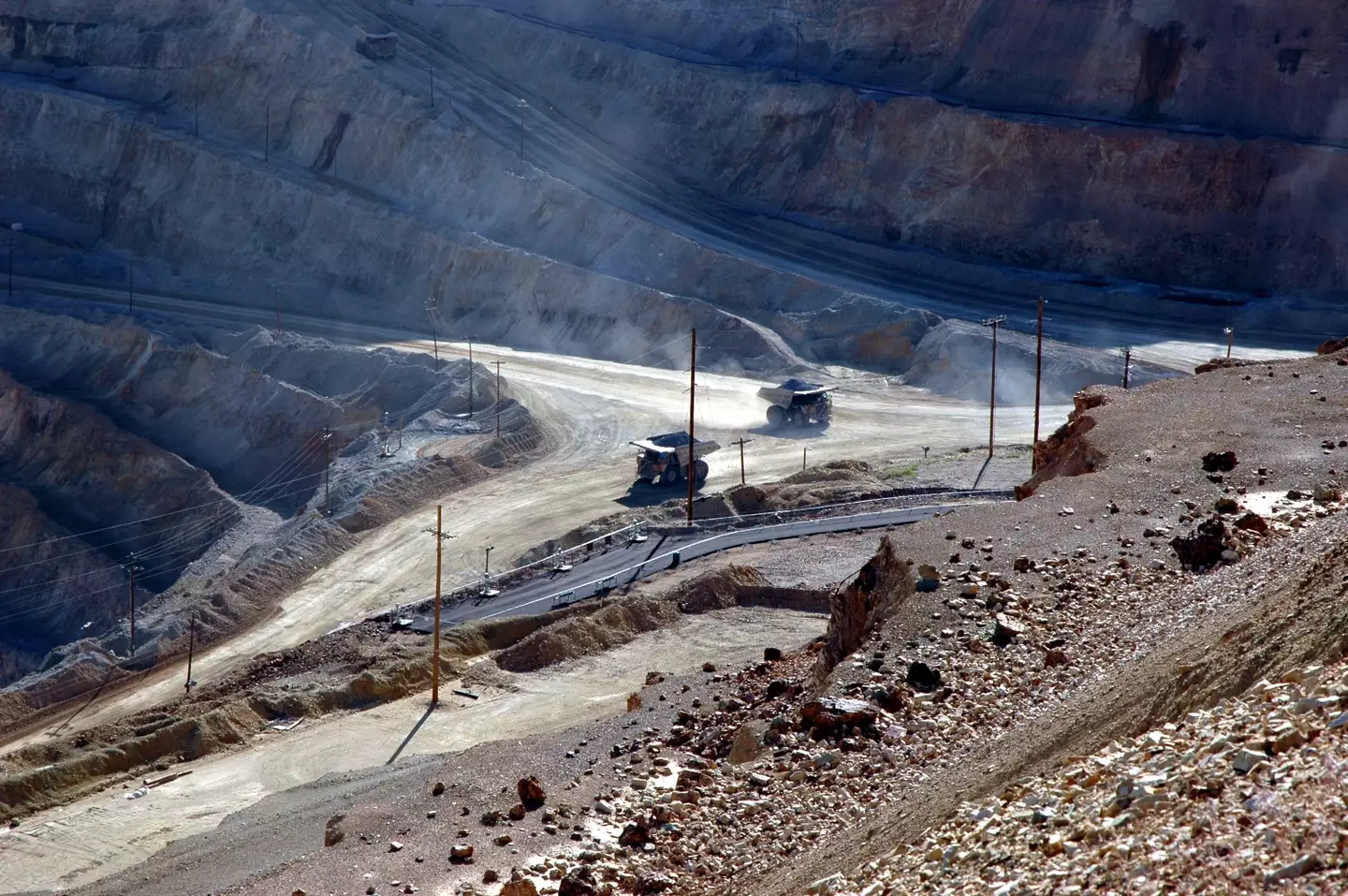
Tim Cook has secured a $500 million deal for Apple to access rare-earth magnets from China.
While many in the Apple community have been keeping their eyes on the new iOS 26 and the controversial Liquid Design update, CEO Tim Cook has been securing the company's supply chain.
In a move to reduce its reliance on China exports, Apple has just signed a $500 million deal with a US company to source rare earth magnets.
“We’re in an era where executives are willing to pay a significant premium for a reliable supply chain," said Gracelin Baskaran, director of the critical minerals security program at the Center for Strategic and International Studies. "They don’t want stoppage.”
Advert
The deal with MP Materials comes after China restricted rare earth exports earlier this year in response to President Trump's tariffs.
MP Materials operates the only rare-earth mine in the United States. Last week, the company also signed a major deal with the US Department of Defense, making the Pentagon its largest shareholder.

Why do Apple need rare-earth magnets?
Rare earths are 17 metals essential for manufacturing electronics. They're used in the magnets that make phones vibrate, power electric vehicles, as well as weapons. China controls most of the global supply.
Now, under the agreement, Apple will prepay MP Materials $200 million for magnets starting in 2027. The magnets will be made from recycled materials at MP's facility in Fort Worth, Texas, aligning with Apple's environmental goals.
For Apple, the cost to avoid potential supply disruptions seems a reasonable investment, analysts reported.
“Rare earth materials are essential for making advanced technology, and this partnership will help strengthen the supply of these vital materials here in the United States,” said Cook.
MP Materials' stock has nearly doubled since announcing the Pentagon deal - a turnaround from the company's struggle last year when rare earth prices dropped to a incredibly low value.

Bob O’Donnell, president at market research firm TECHnalysis Research, said the move 'makes complete sense' given Apple's need for large quantities of rare earth magnets.
“Plus, by focusing on a US-based supplier, it does help position Apple more positively in Washington,” he added.
Apple announced that this deal is part of its larger plan to invest $500 billion in the US over the next four years. The tech giant has faced criticism from Trump about not manufacturing iPhones domestically, though analysts say US production isn't feasible due to labour costs and existing supply chains.
Apple hasn't specified which devices will use these magnets, but MP Materials states that the deal will supply magnets for hundreds of millions of devices.
MP Materials expects to begin commercial magnet production at its Texas facility by the end of this year.